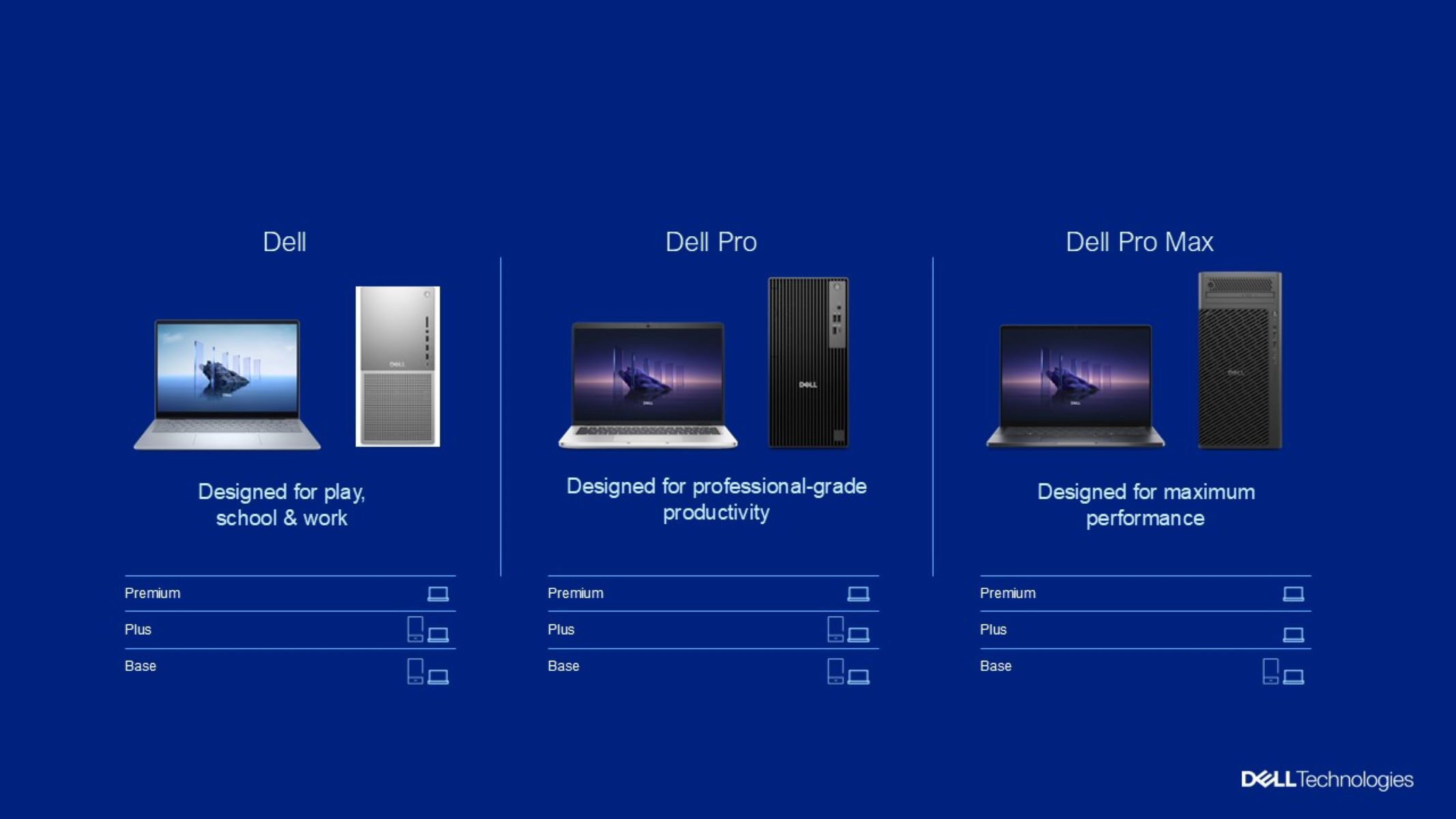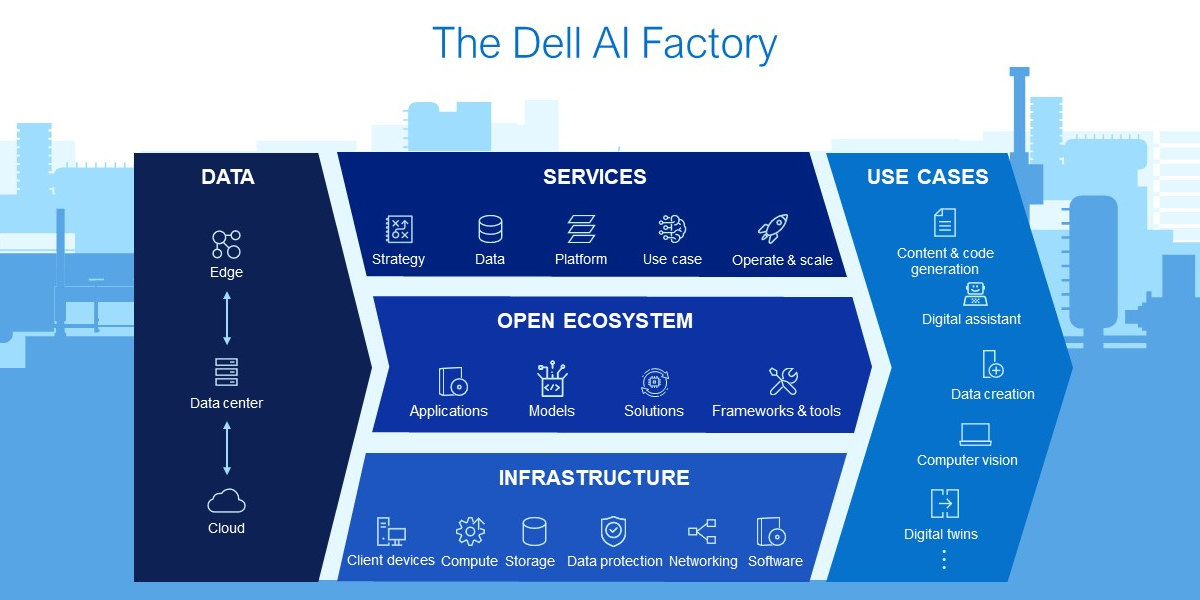A new type of computer is gaining traction: the Artificial Intelligence-powered PC, or AI PC for short. At Microsoft Build 2024, Microsoft and its leading PC partners, Dell, HP, and Lenovo, unveiled a new class of laptops, Copilot+ PCs, explicitly built for artificial intelligence (AI). These laptops are powered by powerful Snapdragon® X Plus processors, exceeding 40 trillion operations per second (TOPS), and deliver long-lasting battery life and access to cutting-edge AI models.
The personal computer market is undergoing a significant shift, and small and medium-sized businesses (SMBs) and upper midmarket companies are paying close attention. A recent study by Techaisle, covering 1410 SMBs and Midmarket firms in the US, suggests a potential surge in demand for these innovative machines within these business sectors.
High Awareness Paves the Way for Adoption
The study reveals a high level of awareness and purchase intention among SMBs and midmarket firms, painting a promising picture of the market potential of AI PCs. A significant 77% of SMBs and an impressive 86% of upper midmarket firms are already familiar with AI PCs, demonstrating a high level of awareness and understanding of the potential benefits of AI technology for their productivity and operations. This awareness is not just passive, as the study reveals that a substantial 32% of SMBs and a much higher 64% of midmarket firms are actively planning to purchase AI PCs, indicating a strong market potential and the confidence these businesses have in the technology. This robust purchase intention signals a significant market shift and underscores the potential for widespread adoption in the near future. Moreover, 40% of SMBs are considering evaluating AI PCs before making a purchase decision, hinting at the possibility of even broader adoption in the coming years.
AI PCs are projected to dent the PC market within 3-5 years substantially. SMBs, known for their agility in responding to market trends, will likely mirror this trend. With 54% of SMBs planning to invest in new PCs in the next 12 months, AI PCs could become a decisive factor in purchasing decisions.
The study also uncovers some intriguing insights into SMB priorities. While 14% of SMBs view AI PCs as a crucial upgrade, and another 12% are considering a strategic shift towards them, a substantial portion (24%) see no compelling reason to adopt this new technology. However, 58% of SMBs report that their employees are actively requesting AI PCs. This highlights a potential disparity between management and employees regarding the perceived benefits of AI technology, suggesting the need for better communication and alignment.
The study identifies potential early adopters of AI PCs within the employee base. These are the content creators, tech-savvy departments, and executives in corner offices. Creative and design professionals top the list (45%), followed by IT development (27%) and sales and marketing teams (26%). These departments will likely benefit most from AI PCs' enhanced processing power and AI-powered features.
Copilot Gains Traction, But Snapdragon Faces Recognition Hurdle
The Techaisle study delves deeper, exploring the potential for Copilot, a new software solution designed to unlock the true power of AI PCs. Awareness is high, with over half (54%) of SMBs and a staggering majority (89%) of upper midmarket firms recognizing the name. Despite its recent launch, nearly half of these businesses already know about Copilot+ PCs.
However, adoption intent dips regarding Copilot+ PCs powered by Qualcomm's Snapdragon processors. This hesitation stems from a few key factors. Limited brand awareness compared to the established giant Intel is a significant hurdle. Concerns about compatibility with existing applications and potential issues with peripherals further dampen enthusiasm. Many SMBs are adopting a wait-and-see approach, holding out for the announcement of Intel-based Copilot+ PCs, hoping these systems will offer similar features and impressive battery life.
Despite the growing hype around AI PCs, the study reveals some interesting realities regarding PC selection criteria for SMBs. While GPU/NPU might be a consideration, it does not reign supreme. For SMBs, the top five priorities when choosing a PC remain long battery life, a processor with built-in security features, ample storage capacity, a high-resolution display, and biometric login options.















